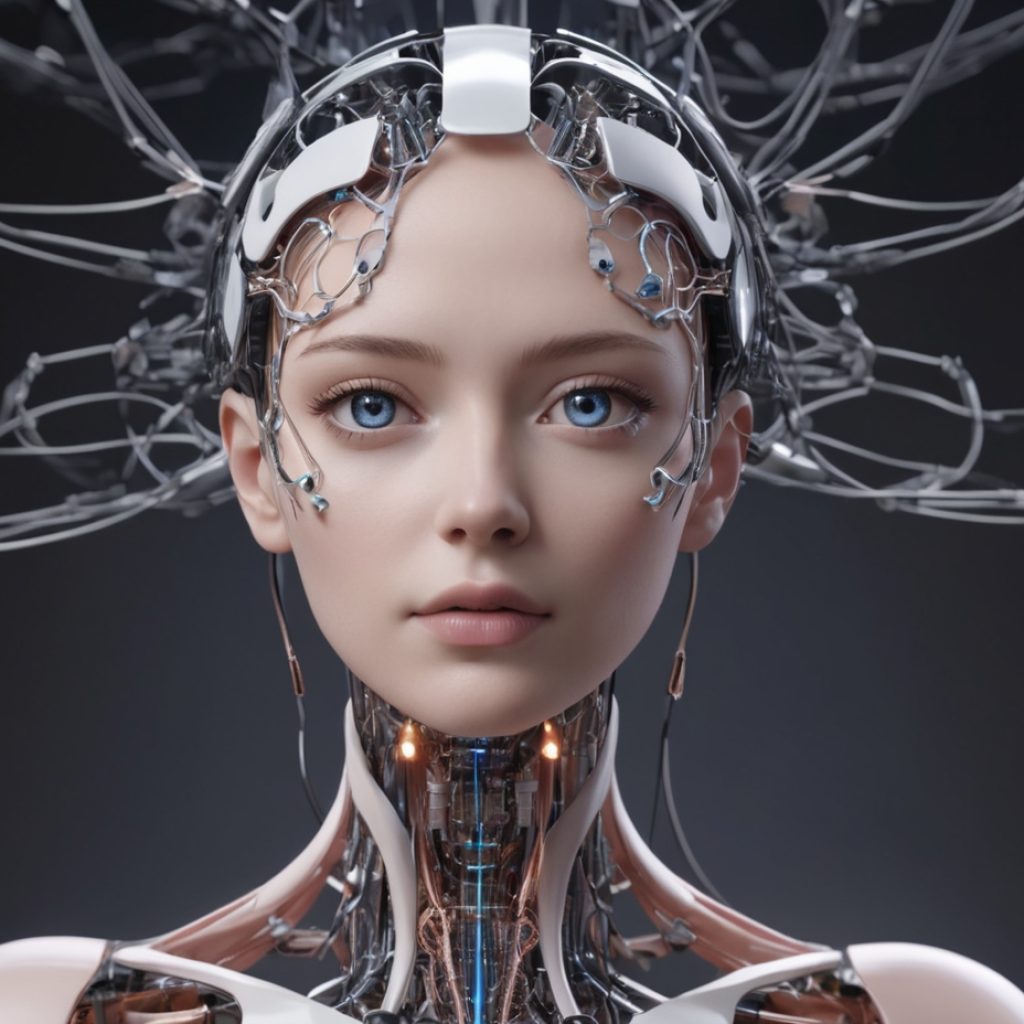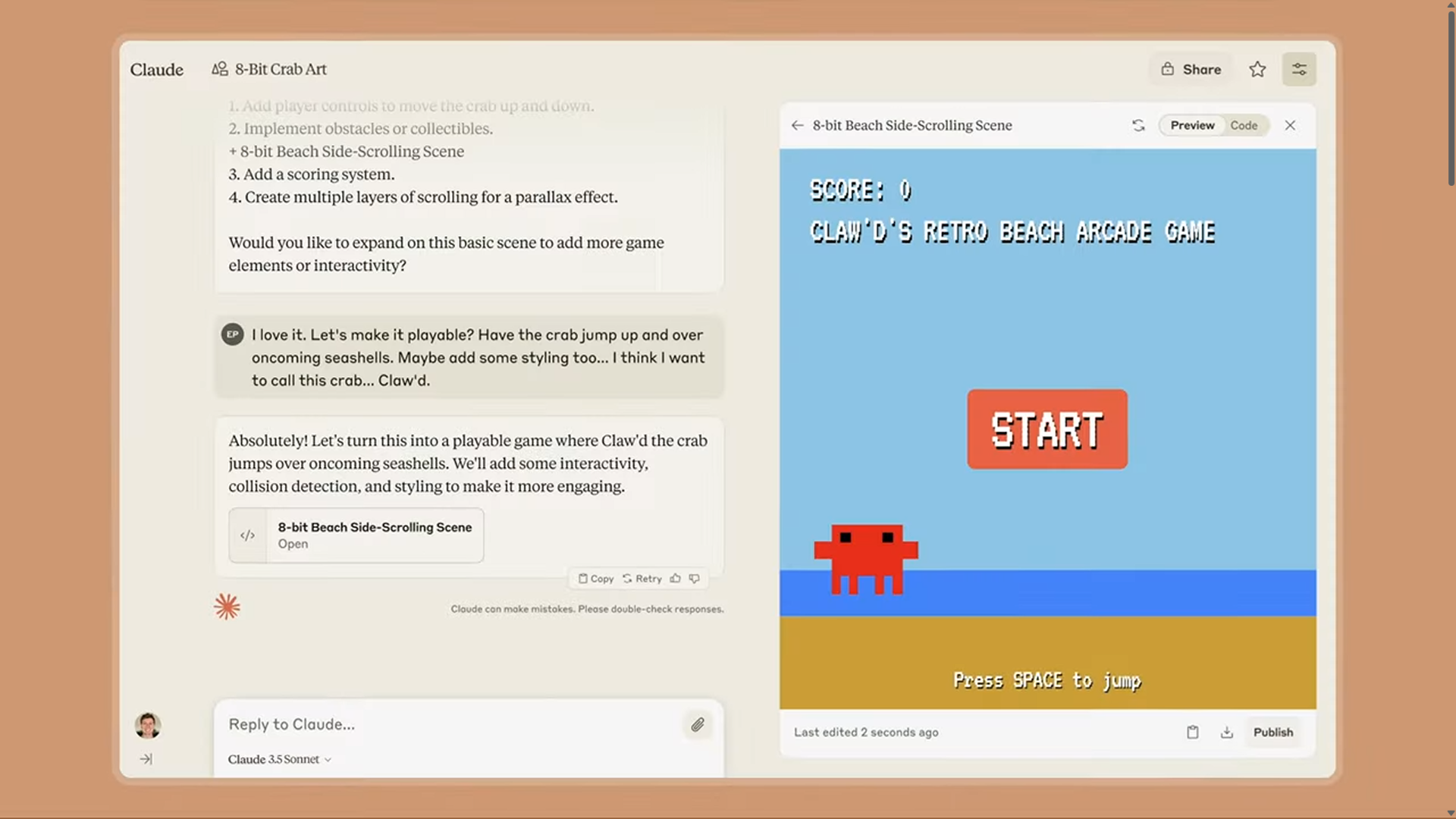The rapid development of artificial intelligence in recent years has set off alarm bells that robots would eventually become a replacement for human jobs.
There is still a long way to go before AI can fully take over and render many people unemployed. However, this booming technology has what it takes to do so.
This article will investigate the factors at play here.
Will Artificial Intelligence Make Humans Jobless?
It is essential to keep in mind that artificial intelligence will never be able to fully replace humans in the workforce. Instead, AI is a resource that can make people better at what they already do.
Artificial intelligence is capable of processing vast amounts of data and performing activities that would take humans a great deal more time to complete.
AI can assist businesses in making sense of enormous amounts of data, such as financial records or customer feedback, which can be a challenge for these organizations. However, humans are better suited for tasks that demand intuition and creativity, which AI lacks.
Furthermore, many roles necessitate interpersonal communication that AI cannot replace. Jobs in healthcare, teaching, and social work, for instance, require empathetic, compassionate people who possess interpersonal abilities that AI cannot replicate. In many fields, the human element is crucial and cannot be replaced by AI.
According to Kai-Fu Lee, Chairman and CEO of Sinovation Ventures:
“Humans need and want more time to interact with each other. I think AI coming about and replacing routine jobs is pushing us to do what we should be doing anyway: the creation of more humanistic service jobs.”

AI And Human Intervention
Limitations in AI are also a factor. Artificial intelligence systems can only learn and improve with access to massive volumes of data. In addition, AI is incapable of making decisions on its own; it requires input from humans in order to understand what to do with the information that it has gathered.
As a tool, AI still needs human intervention in the form of programming, maintenance, and updates.
Not all companies can afford to use AI because of its high price tag. Startups and smaller companies may lack the capital to invest in AI system development, forcing them to rely on human labor.
Although AI has the ability to automate a variety of jobs, it will also create new employment opportunities. As AI becomes more widespread, there will be a higher need for a skilled labor force to construct, manage, and operate AI systems.
This demand will increase as AI becomes more pervasive. In addition, AI will give rise to previously unanticipated industries and opportunities, which will in turn generate new job openings.
At this stage, visions of an all-robot workforce are greatly exaggerated. Nevertheless, 49% of companies currently use AI in some fashion. What’s more, the global market for AI will reach $267 billion by 2027, while the number of businesses that use AI has grown by 270% over the last four years.
Disrupting The Playing FieldThere is no doubt that artificial intelligence is altering the way we work, but it still has a long way to go before it can totally replace human workers.
When contrasted with humans, artificial intelligence falls short in a number of domains, including creativity, intuition, and the ability to interact with others. In addition, the price of implementing AI may be out of the question for certain businesses.
In conclusion, AI will result in the creation of new job opportunities that will call for a trained labor force. As a consequence of this, it is unavoidable that AI and humans will continue to operate together in the workplace.
As John F. Kennedy would say:
“Automation does not need to be our enemy. I think machines can make life easier for men, if men do not let the machines dominate them.”
-Featured image from Danomyte/Shutterstock





